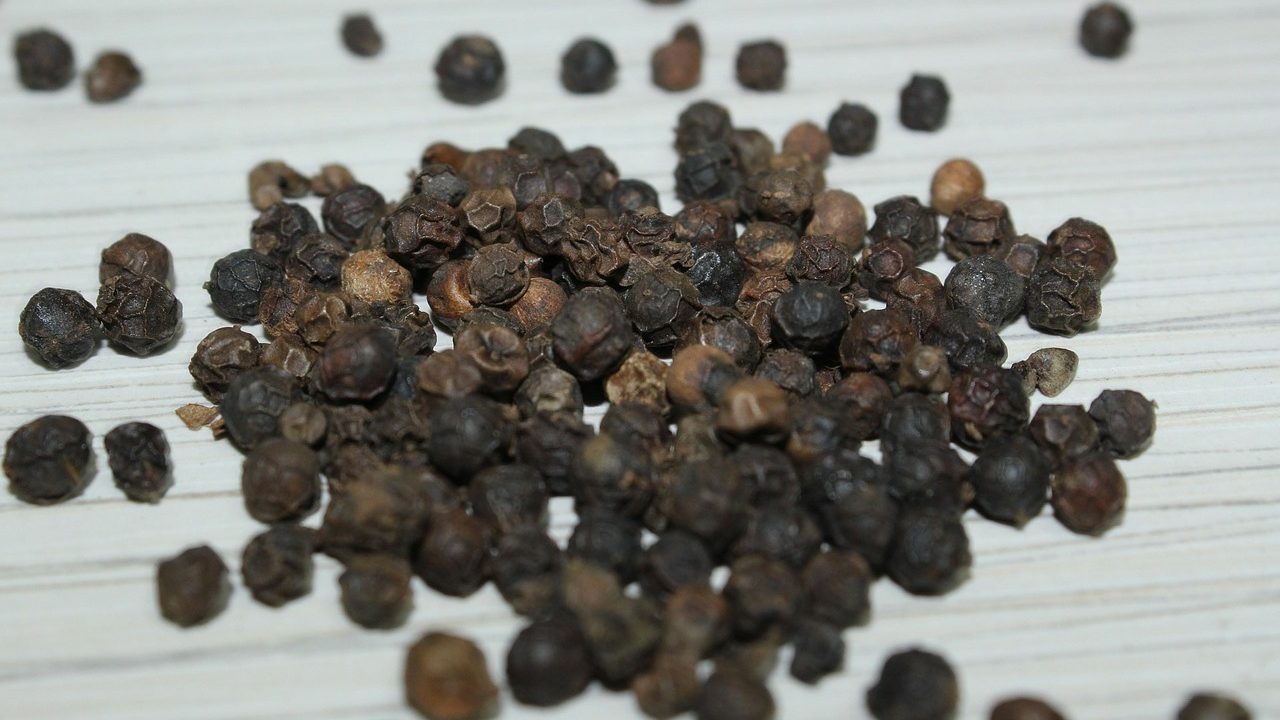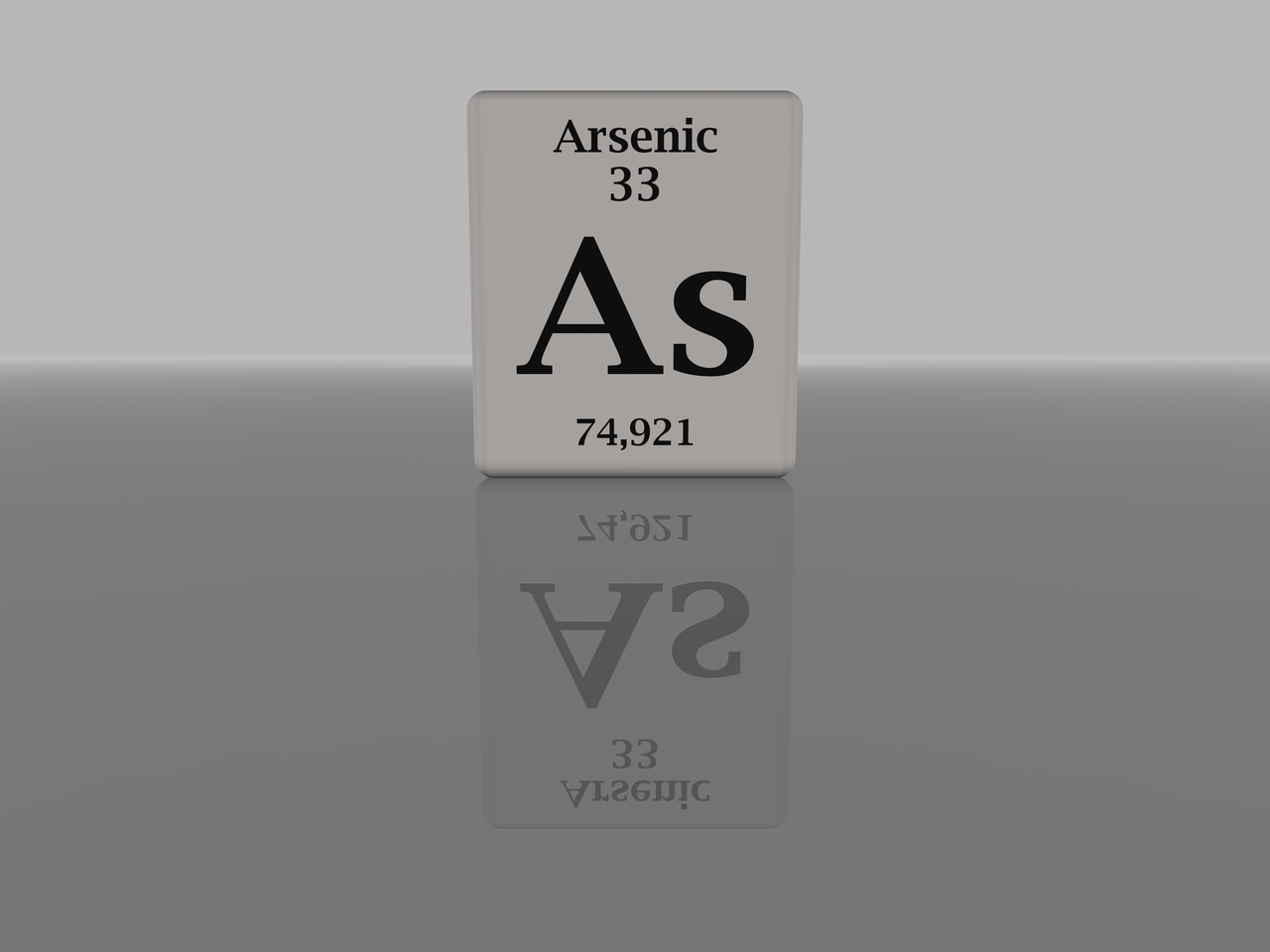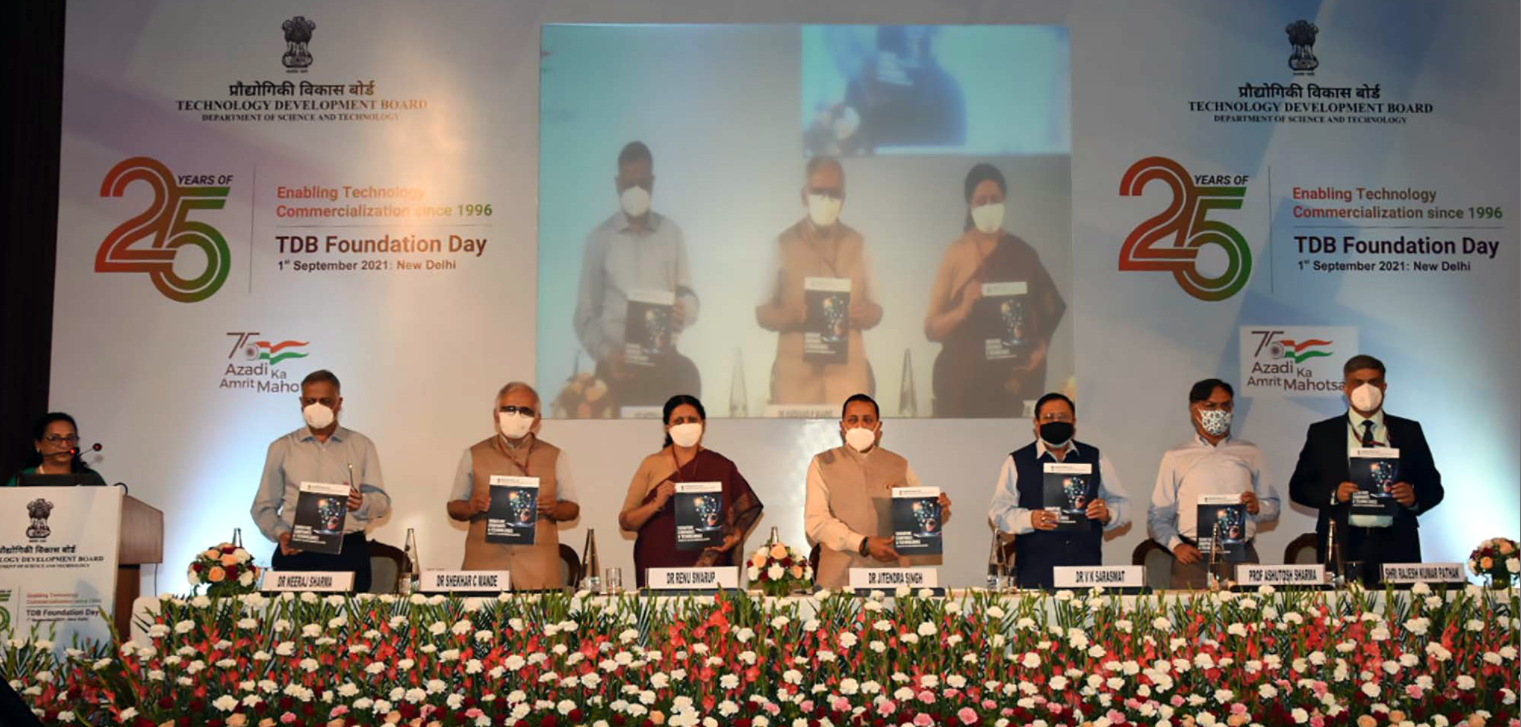Researchers at Indian Institute of Technology (IIT)-Indore have found that piperine, a natural alkaloid present in black pepper, can be used as a therapeutic agent against neurodegenerative disorder, Fragile X-associated tremor/ataxia syndrome (FXTAS).
The disorder results in progressive cerebellar ataxia, action tremor, Parkinsonism and cognitive decline. It is caused by a mutation in a gene called fragile X mental retardation 1 (FMR1) and occurs due to the excessive presence of what are called repeats RNA in a specific region of the gene.
In patients with FXTAS, the number of repeat RNA could be up to 200, as against normal 55. The excess repeats RNA cause cytotoxicity in neuronal cells. Scientists have been trying to modulate the mutation with chemical molecules but with no success so far.
The IIT Indore team has found that piperine interacts with repeats RNA and reduces the level of cytotoxicity in neuronal cells, in preliminary studies. “We chose piperine as it is widely reported for its anti-carcinogenic activity, hepato-protection, antioxidant, nephron-protective, anti-inflammatory, anti-apoptotic, anti-depressant and neuroprotective nature. Our analysis revealed its selectivity towards repeats RNA that are primarily responsible for FXTAS,” explained Dr. Amit Kumar, leader of the research team.
The study has been conducted with two different cell lines derived from patients suffering from FXTAS. These cell lines contained repeats RNA and also exhibited the disease characteristics.
Commenting on the work, Dr. Krishnananda Chattopadhyay from CSIR-Indian Institute of Chemical Biology, who was not involved in the study, said, “development of a therapeutic solution for CGC repeats is important for the treatment of different diseases, including FXTAS. The therapeutic potential of piperine has been tested in FXTAS patient-derived cell lines. These results are interesting but need to be validated further using suitable animal models.”
Besides Dr. Amit Kumar, the team included Arun Kumar Verma, Eshan Khan, Subodh Kumar Mishra, and Neha Jain. The study results have been published in journal ACS Chemical Neurosciences. (India Science Wire)
If you liked this article, then please subscribe to our YouTube Channel for the latest Science & Tech news. You can also find us on Twitter & Facebook.



